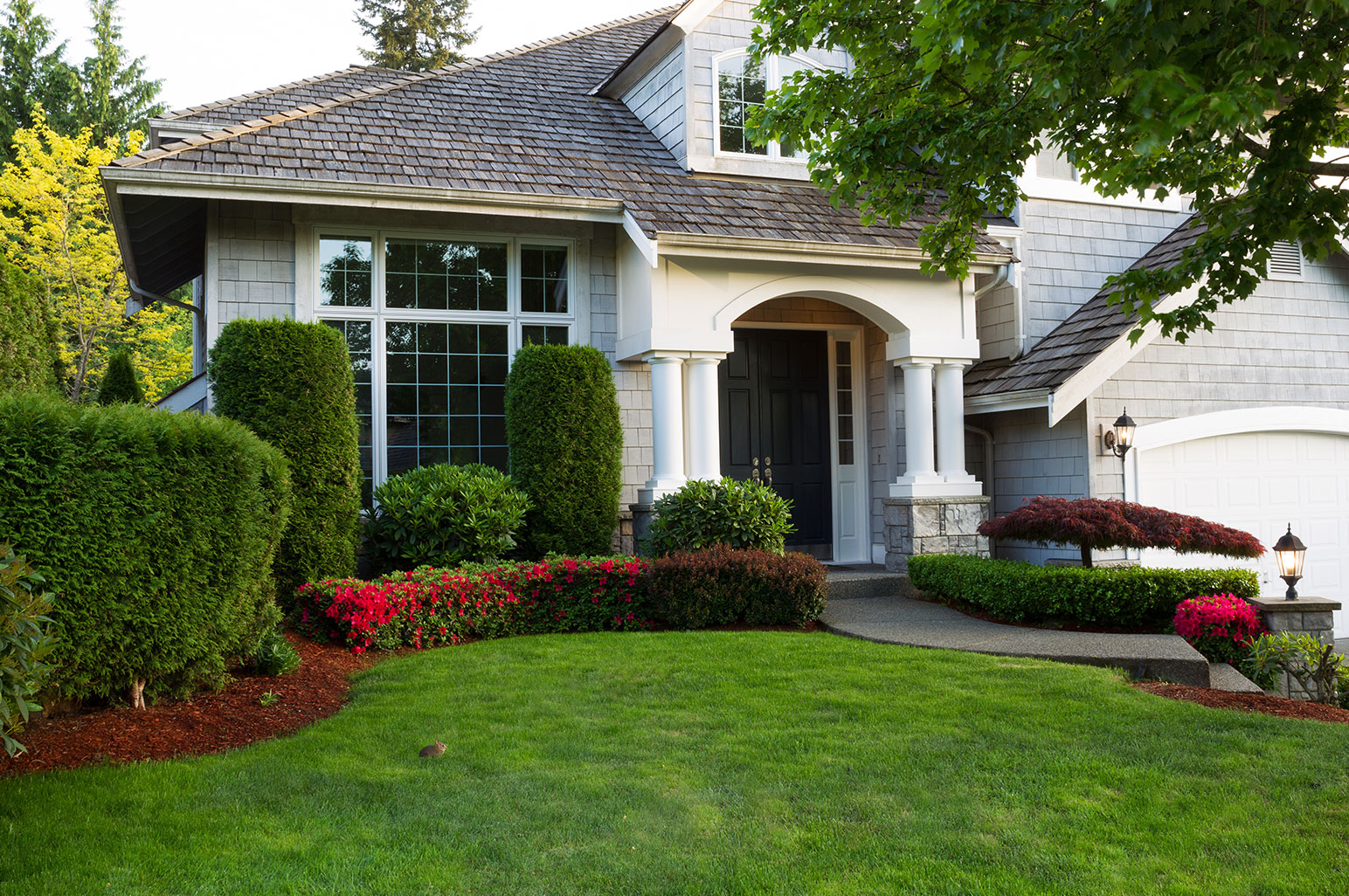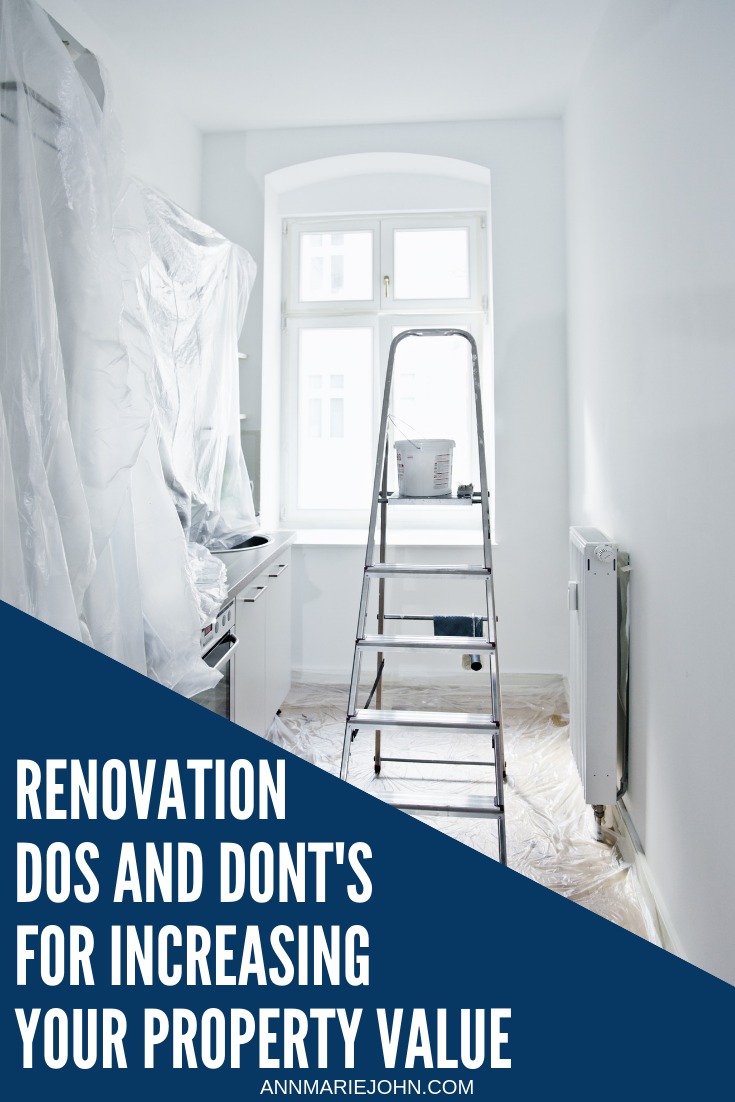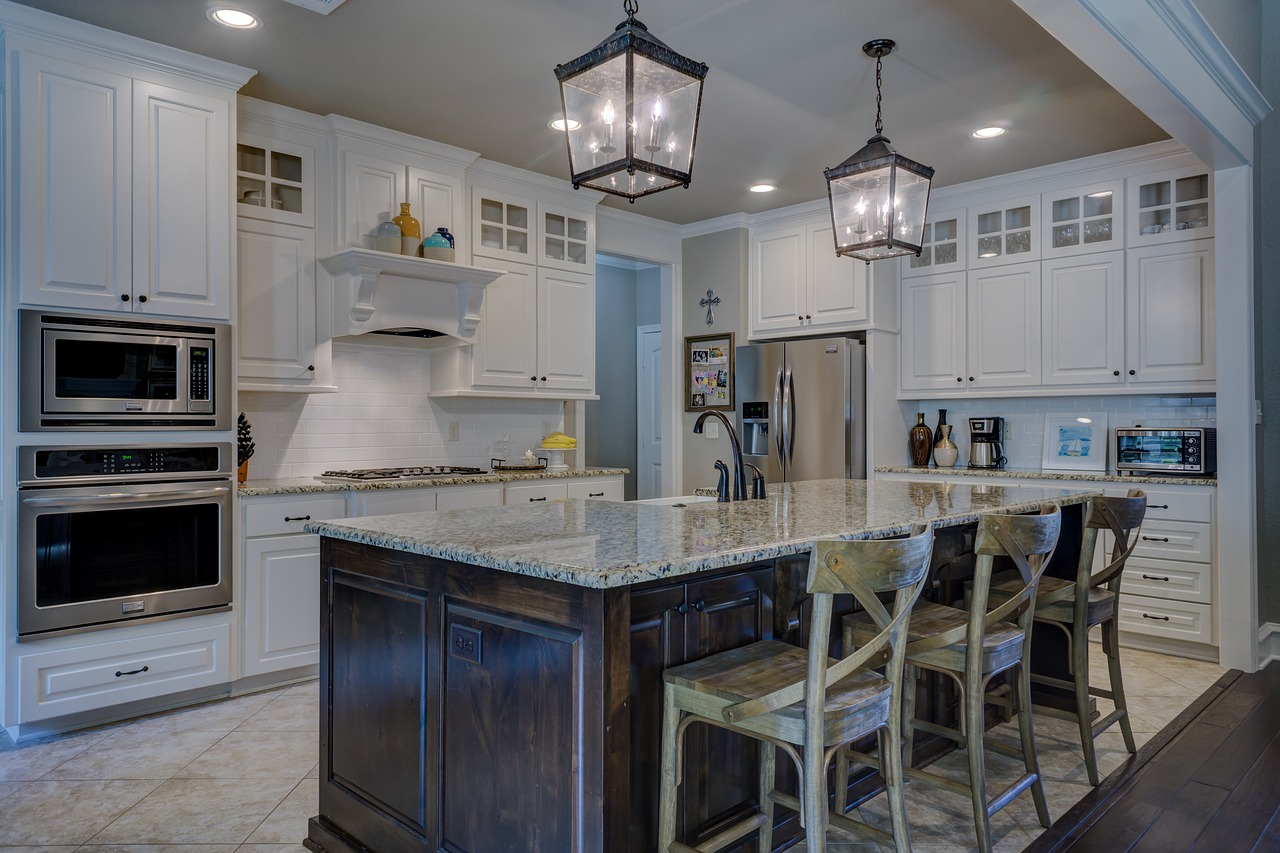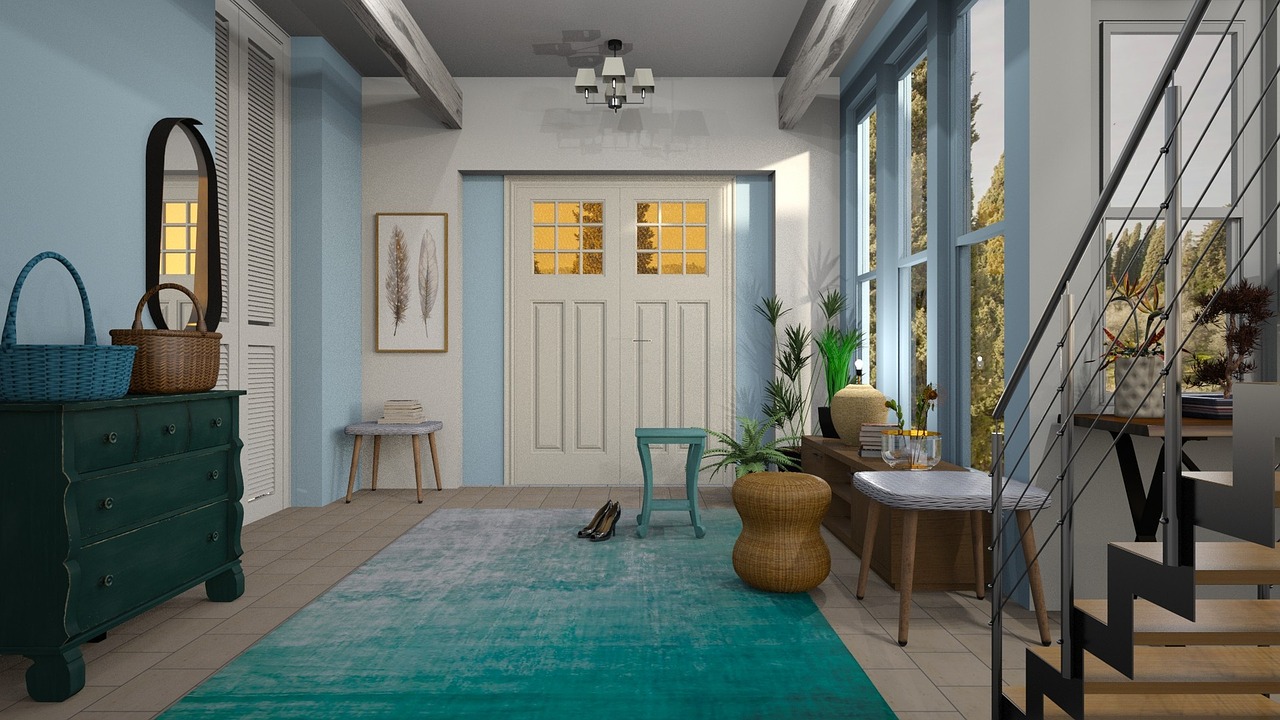
The property market still hasn’t quite recovered from the pre-recession boom. Many of us are either struggling to buy a new property or finding it near impossible to sell. The potential solution? Renovations.
Renovations won’t just make your home worth more money while making it more comfortable to live in, but they can often make it easier to sell your home, especially if the market is in a bit of a slump. But not every renovation project is created equal. In this guide, I’ll give you the top 3 home renovation dos and don’ts.

Do Consider How Long You’ll Be Staying
If you’re not planning on putting your home on the market for a couple of years, low(er) ROI renovations (that still increase your property value) may be worth it. For example, sunrooms, a backyard deck, or energy-efficient insulation. Solar panels are an excellent investment if you plan on staying for a while, as they add value and save money off your bills. And there’s also the sheer enjoyment of having a house that more inviting, comfortable, and modified for your requirements; you can’t put a price on that.
If you’re going to sell in the next couple of months, however, then it’s all about the numbers. Ignore all vanity projects and don’t assume that big renovations, such as kitchens or bathrooms, are your best bet. Focus on the most significant return on your renovation investment, which often are small and/or boring projects. They may be basic and uninspiring, but if it gives you the best bang for your buck, it’s worth it.

Do Get an Idea of the Overall Picture
Before you get your DIY kit out or start calling the contractors, stop and take a bird’ s-eye view of your overall position. Renovation projects can be very expensive, and there’s every chance that a good chunk of what you have in your mind is either a bad idea or totally unnecessary. Ask yourself the following:
- What’s the state of the market? The property market won’t always be booming. If your area is going through a hot streak, it may be worth selling now rather than waiting for a renovation project.
- What is my house worth? Depending on the state of the market and the current value of your home, it may be that you’re already looking at a property that’s ready to go now. Obtaining a property report will give you a more detailed overview of your situation, but don’t forget to consider other factors that can affect the sale price, such as the current demand for housing in your area, local real estate prices and the all-important aspect of the location.
- Can I afford it? Homeowners are often so desperate to squeeze out every ounce of value out of their homes, that they don’t think about whether they can actually afford the renovations they have in mind. Don’t be that kind of homeowner. Do the math. If your kitchen remodel leaves your emergency fund near empty, it may be time to pull the plug.
- Is it the best solution for your finances? Just because you can afford an upgrade, it doesn’t mean it’s always the best option for your finances. For example, refrigerator repair can often provide a convenient and cost-effective alternative to replacement. In many cases, the results for the property value are the same for both routes. The savings made can be invested on other projects that will boost your home’s value.. One way or another, though, you must not ignore faults as they’ll cost you dearly in the long run. This could be due to repair costs or the reduced property appeal.
- How will renovations affect your life? Renovations can really put pressure on family life. If you have a partner and/or kids, it’s going to be difficult. Even a small bathroom remodel will change your routine for several weeks. Ask yourself if it’s really worth shaking up your living situation.

Do Understand Your Budget
You can’t go into a renovation project with a ballpark figure or a hazy idea. You need detailed plans and a budget that goes into the details. This blog has previously covered financial aspects involved in renovation projects, and here’s the take-home advice that’s super relevant here:
- Budget for unexpected costs. Experts advise that you should have anywhere between 10-20% of your budget for additional or unexpected expenses. Remember, no matter how carefully you plan things, there’s going to be a curveball in there somewhere.
- Understand room value. If your kitchen is worth a sixth of your home’s total value, don’t spend more than that amount on your renovation. This is a rough rule, of course, but it’s worth keeping the approximate figures in mind.
- Quotes, quotes, quotes. Don’t sign the first contract you see. Explore different companies and renovators and get quotes for each renovation project you want to do.
- Devil is in the detail. Your budget plan should consider the minutiae. Don’t just have “Kitchen: $30,000”. You want to go into the nitty-gritty, down to the cost of the new doorknobs.

Don’t Ignore Your Wider Audience
If you’re doing a renovation project partly to increase the value of your home, then you need to think about your audience; in other words, the potential buyers. Similarly, if you’re doing a renovation to prepare your property for rent, then you’ll want to keep your future renters in mind as you consider what IRR renovations to move forward with. Style aside, understanding the difference between IRR and ROI with regard to renovations is crucial to getting the most out of your project. That being said, homeowners often make the mistake of investing in renovations that reflect their own tastes, instead of the people they’re looking to rent or sell to.
Ignore the wider audience, and you won’t get your money back. And that’s the best-case scenario. There are improvements that can also decrease the value of your home:
- Crazy and ostentatious decorations. You may love those big, bright ceiling-mounted chandeliers, but it’s likely that others won’t. Avoid decorations or fixtures that take over the room. Understated tends to work best.
- Strange layouts. Yes, adding another bedroom to your house will usually add value. But if you try and fit a square peg in a round hole, you’re going to end up shooting yourself in the foot. If your house just doesn’t have the right layout to add a room or split one into two, don’t do it.

Don’t Go Overboard With Renovations
Ever heard of the law of diminishing marginal returns? For example, let’s say that you go from a one-bedroom to a two-bedroom property. The returns are fantastic, so you add another one. Except for this time, you’re not really seeing a decent bang for your buck. That’s the law of diminishing marginal returns in action.
Our advice? Don’t overspend on your renovations and consider going for smaller projects. Perhaps against what most people assume, it’s these lower-end renovations that tend to give better ROI. These are just some ideas:
- Landscape. This one is under-utilized, but it definitely adds value. For example, spending just a few hundred bucks on fertilizer and weed control can add four figures at resale. It always pays to look after your lawn properly.
- Steel entry door. Yes, it’s that simple: get yourself a steel entry door, and you’re looking at 501% ROI.
- Garage door. For garage doors, ROI is always around 100%, so if you’re wanting to replace your garage door for any reason, you’ll know that money will come straight back to you when you sell the house.
- Replace what’s broken. Obvious advice, but surprising just how many people focus on the big-ticket items instead of minor things that are broken. I’m talking peeling paint on the exterior of your house, leaky valves, and moldy closets/bathrooms/etc.

Don’t Let $$ Guide Everything
Remember, most renovations won’t increase the value of your home by more than what you put in. That’s why I always say that renovations should work both for the potential buyer, but also for the person who’ll be enjoying the renovations to begin with: you.
I’ll wrap this up with a final piece of advice: if this is your home, don’t let the money guide every single choice you make. The financial aspect is obviously important, but it’s not everything. You’re still going to be living in that house; do projects that will also make you happy, not just your wallet.
